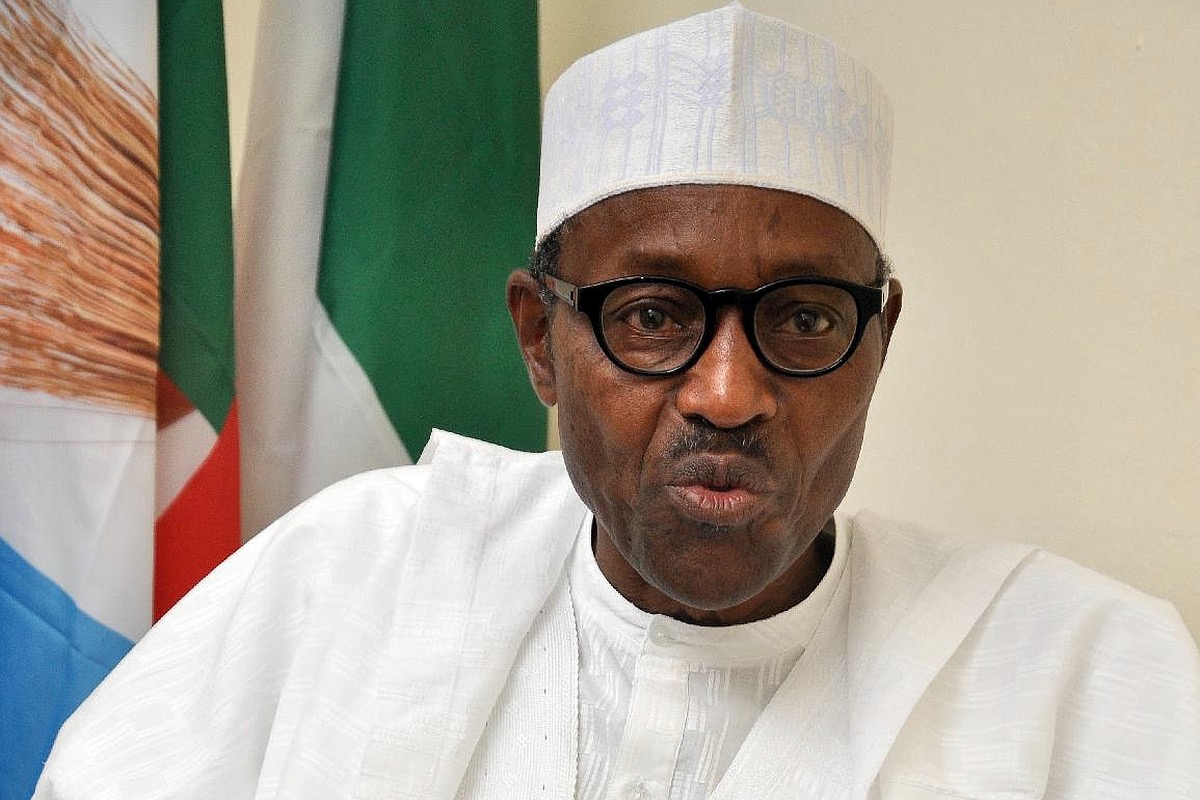by Emeka Ugwuonye
I have been reading, researching and pondering on the Constitution of Nigeria. Do you realise that the Nigerian President cannot be a Minister in his own government?
There are many reasons for this, and I will develop a full argument on it in the course of time. But the fact is that a person cannot be a Minister without being confirmed by the Senate. There is no exception to this requirement of the constitution. A President cannot declare himself a Minister. Once there is a ministry, the President must appoint a Minister to head such ministry. That Minister must be confirmed before assuming office. That Minister cannot be the President. The President, if present, is the head of the cabinet. The Minister is not. To have a President as a Minister is an absurdity under the Constitution. Their roles are different and cannot be merged in one person.
RELATED: ‘Buhari Was Not An Effective Petroleum Minister’ – Int’l Experts Say Decision Is Problematic
Yes, President Obasanjo did not appoint a Minister of Petroleum in his first term. But he never declared himself the Minister of Petroleum. It is wrong to assume he was the Minister just because he did not appoint a Minister. Failure to appoint a Minister for an existing ministry is inconsistent with the Constitution. But for a President to declare himself the Minister is even worse.
As I stated here, there are many more reasons for this position. President Buhari cannot be the Minister of Petroleum unless he resigns his position as the President and then be confirmed by the Senate as a Minister in this government, which will then be headed by the Vice President on the resignation of the President.
Emeka Ugwuonye, Esquire, is the Group Founder/Principal Administrator of Due Process Advocates (DPA) as well as President/CEO at Eculaw Group.
The opinions expressed in this article are solely those of the author.







